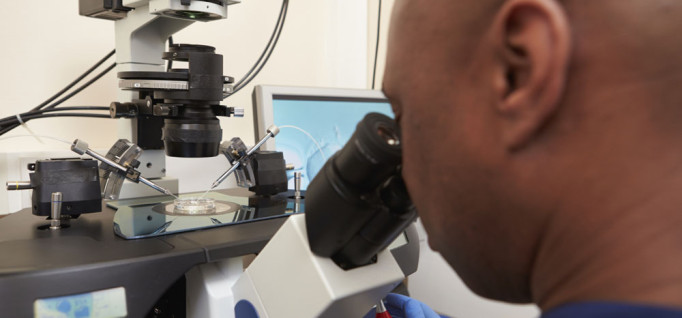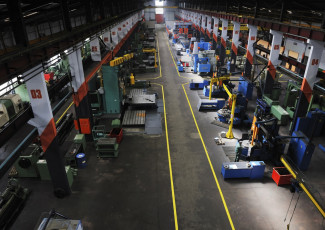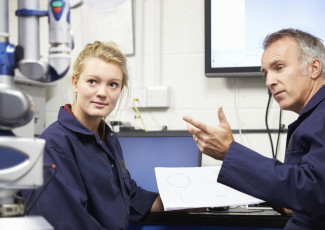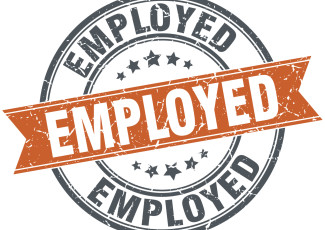Program to Help 3,000 SUNY Graduates Find STEM Jobs
By Emily Rogan
June 18, 2014
State University of New York partners with local employers to meet the demand for workers in science, technology, engineering and mathematics fields.
In an unprecedented large-scale collaboration, 30 State University of New York (SUNY) community colleges have joined forces with employers to create education and training programs to help students land high-demand jobs.
Fueled by a $14.6 million federal grant, part of the Trade Adjustment Assistance Community College and Career Training program, Johanna Duncan-Poitier, SUNY’s senior vice chancellor for community colleges and the education pipeline, says the state’s community colleges are lining up to help employers bridge the growing skills gap.
In return, participating companies have pledged to hire as many as 3,000 graduates in emerging career fields, such nanotechnology, photovoltaics and advanced manufacturing.
Already paying dividends
Duncan-Poitier says more than 1,500 students have already benefited from the agreement by negotiating future employment, getting hired or enrolling in programs that will lead to higher-wage careers.
“We’re excited that by working this way we are going to help students complete and further their education and have meaningful careers when they graduate,” Duncan-Poitier says.
Because the program is systemic and the state’s colleges are connected, employers can access New York’s vast education network to find the right talent. For example, an employer specializing in advanced manufacturing somewhere upstate, say, in the Hudson Valley, might connect with a potential hire studying operations at Suffolk Community College, on Long Island.
Here are three examples of how SUNY community colleges have used the program:
- Corning Community College joined the American Welding Society to create a program, designed to industry standards, that uses virtual welding simulators to train students.
- Schenectady County, Mohawk Valley and Fulton-Montgomery community colleges collaborated with GlobalFoundries and the University at Albany College of Nanoscale Science and Engineering to develop a comprehensive nanotechnology training program.
- Cayuga Community College teamed with the Manufacturers Association of Central New York to offer internships and cooperative-learning experiences in plastics technology and precision manufacturing.
Looking to establish stronger industry partnerships at your community college? Duncan-Poitier says these four steps are essential:
Secure political support. Getting elected officials on board provides credibility and incentive for the initiative’s success. In New York, Gov. Andrew Cuomo and Sen. Chuck Schumer backed the SUNY consortium. And the governor included incentive money for participating campuses in his executive budget, Duncan-Poitier says. Schumer was a speaker at the program kickoff summit in 2013.
Get stakeholder buy-in. College presidents and faculty members have to be committed to the initiative. “It was essential to get 30 presidents to work together on one grant, to share curriculum, resources and to get their staff to come together,” Duncan-Poitier says.
Form strong partnerships. It’s crucial to get business partners to come to the table to work with community colleges statewide. “Once everyone agreed that this is what we were going to do — that this consortium was real — there was no debate, no bickering. Everyone talks about what they can share because it’s a win-win,” Duncan-Poitier says.
Be specific. Business leaders and educators must have detailed conversations about how educational and job-training programs align with the needs of manufacturers and industries. Ideally, students should receive industry-recognized credentials and hands-on experience to transition seamlessly into the workforce.
Have a tip for establishing stronger workforce partnerships? Share it with us in the Comments.











